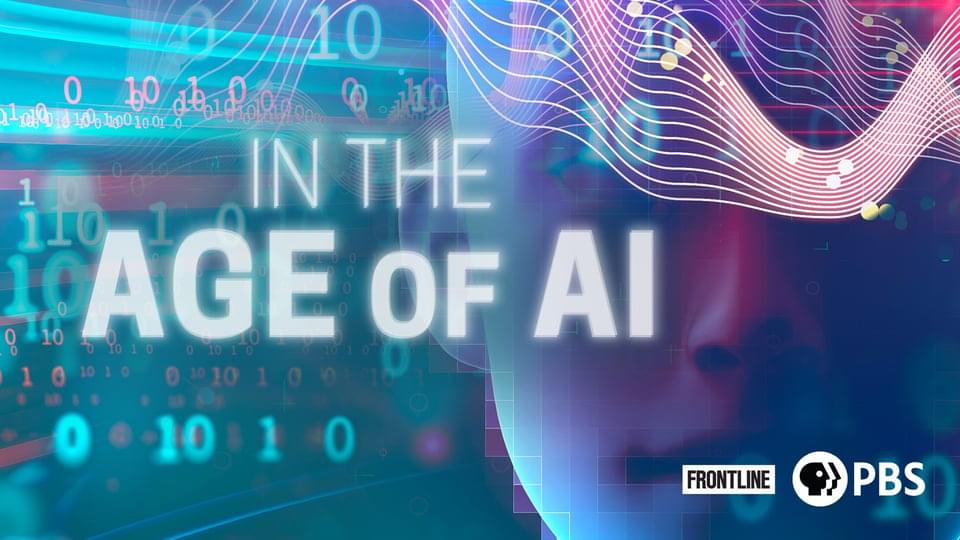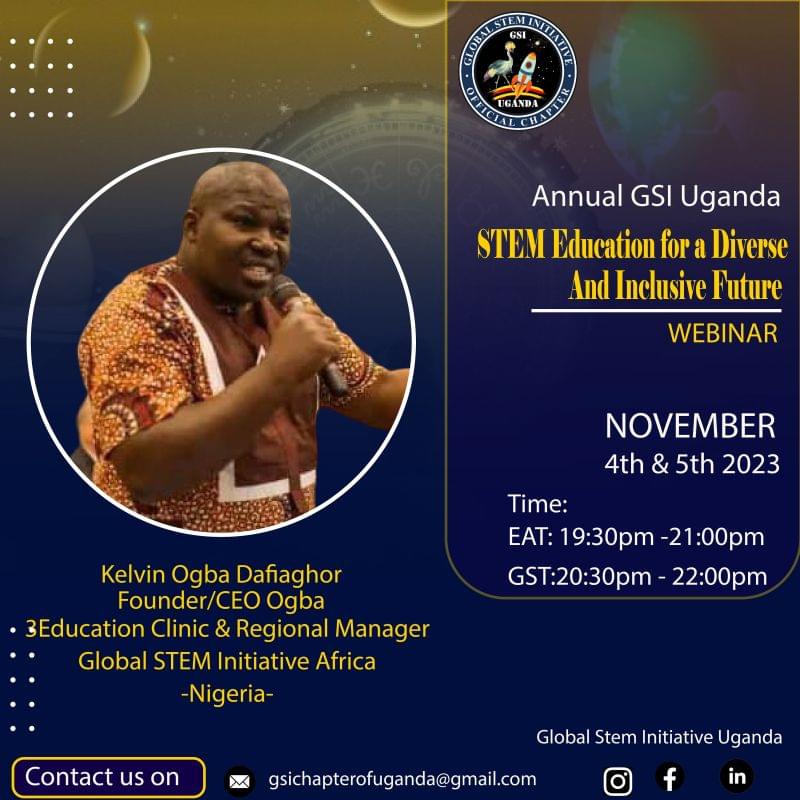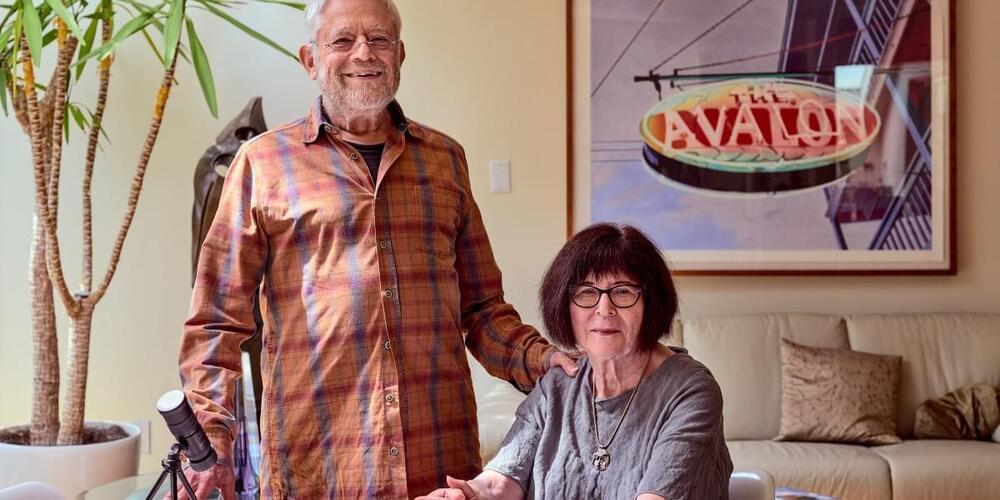The government plans to establish a new ¥1 trillion ($6.6 billion) fund in a bid to develop the country’s outer space industry, as starry-eyed officials push to enhance Japan’s capabilities.
The ¥1 trillion fund will be allocated over a 10-year period for the Japan Aerospace Exploration Agency (JAXA), an Education, Culture, Sports, Science and Technology Ministry spokesperson said. Some ¥300 billion has been set aside for the fund in the latest supplementary budget approved by the Cabinet on Friday.
“We believe it is a necessary fund to speed up our country’s space development so we don’t lag behind the increasingly intensifying international competition,” Sanae Takaichi, minister in charge of space development, said in a news conference last week.









